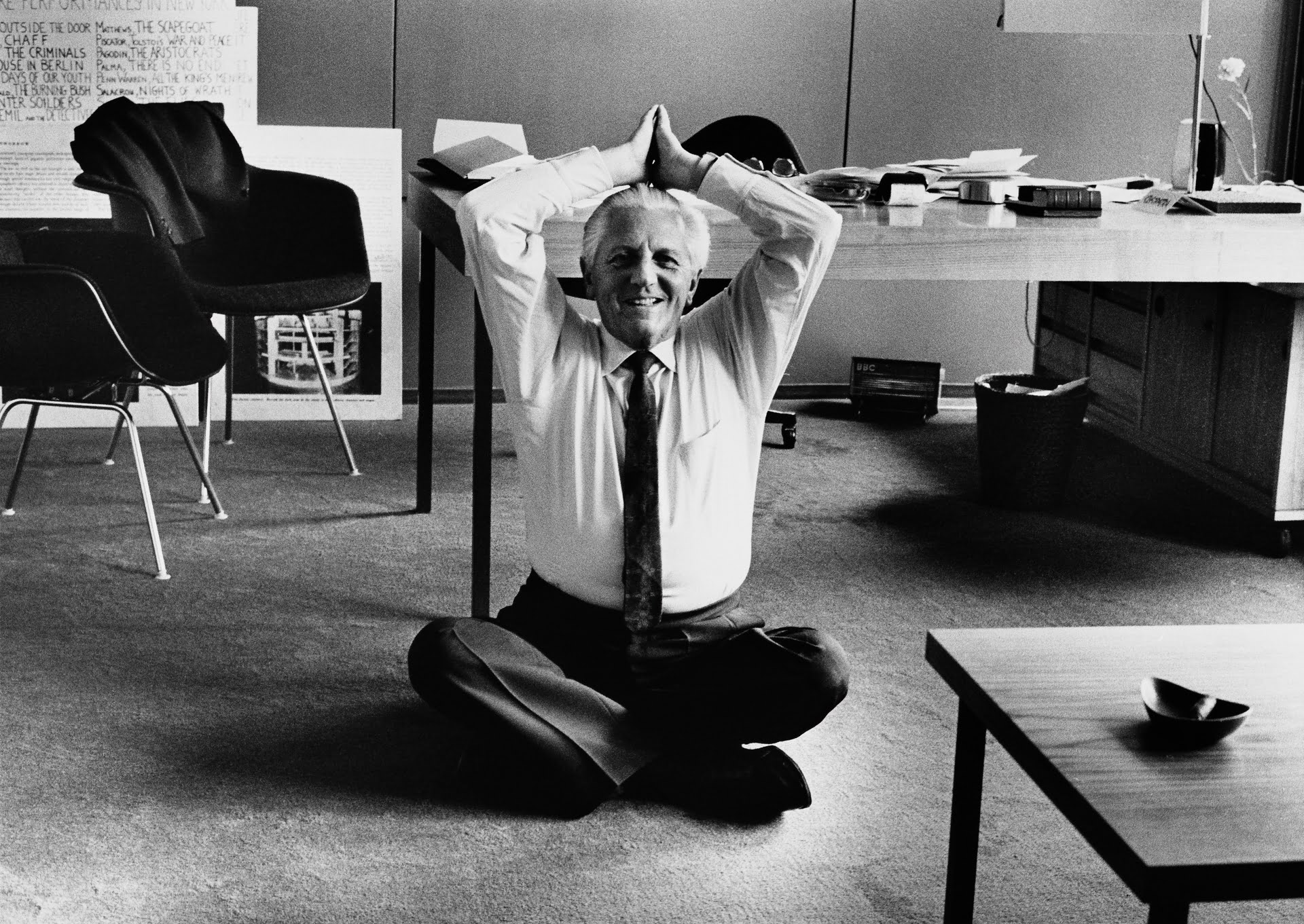
© Stadtmuseum München, archiv stefan moses


Theater director (1893–1966)

During the 1920s, Erwin Piscator and Bertolt Brecht spearheaded innovation in the theater of the Weimar Republic. For him, “political theater” was not just theater that critiqued the attitudes of the time and political injustice, but also engaged the audience in the “process of intellectual revolution.” In 1931, he travelled to the Soviet Union where he staged political plays and directed a sound film, his only work in the medium.
When the Nazis took power in 1933, he was no longer able to return to Germany where he would be persecuted as political enemy, and in the Soviet Union he also felt increasingly threatened by the Stalinist purges. He travelled to France and just before the start of the Second World War to the United States, where he became the teacher of an entire generation of actors at the Dramatic Workshop: Walter Matthau, Marlon Brando and Tony Curtis were just a few of his famous students. After the war, he returned to Germany where he was once again a pioneer of the political theater, staging primarily works that dealt with remembering Nazi crimes and legal proceedings against the perpetrators.